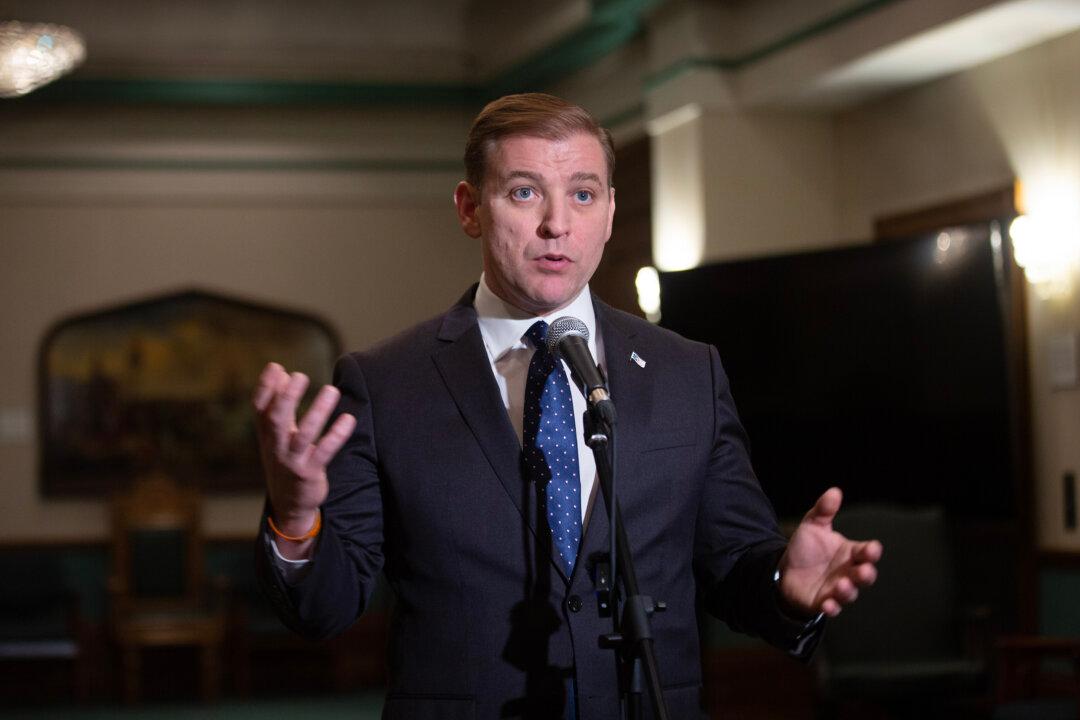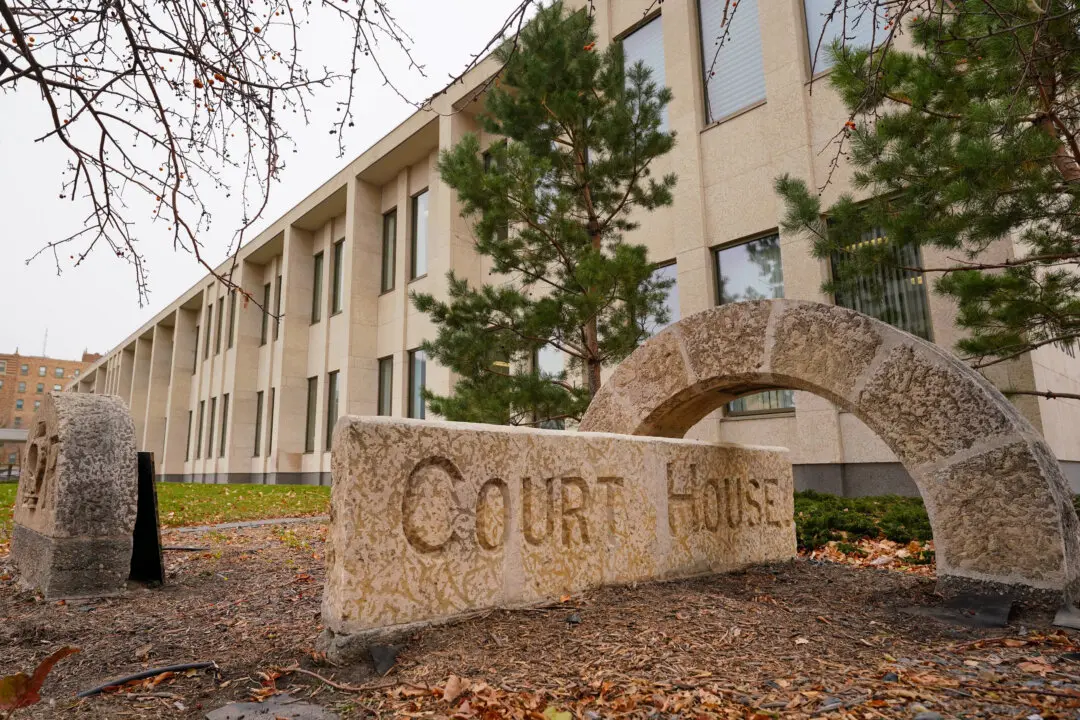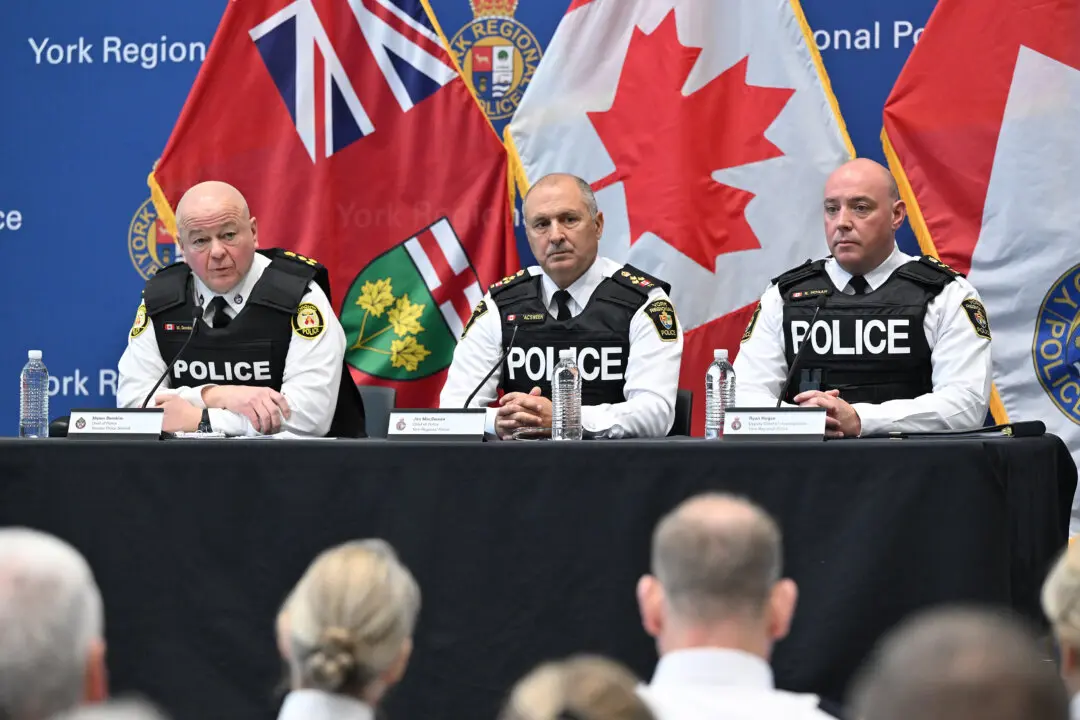Newfoundland and Labrador is introducing a basic income program for residents aged 60 to 64 as part of its new Poverty Reduction Plan, which will also increase the province’s Child Benefit program by 300 percent.
“The new three-year phased plan is an important element of achieving the province’s goal of becoming one of Canada’s healthiest provinces by 2031,” the provincial government said on Nov. 8 in announcing the plan.





